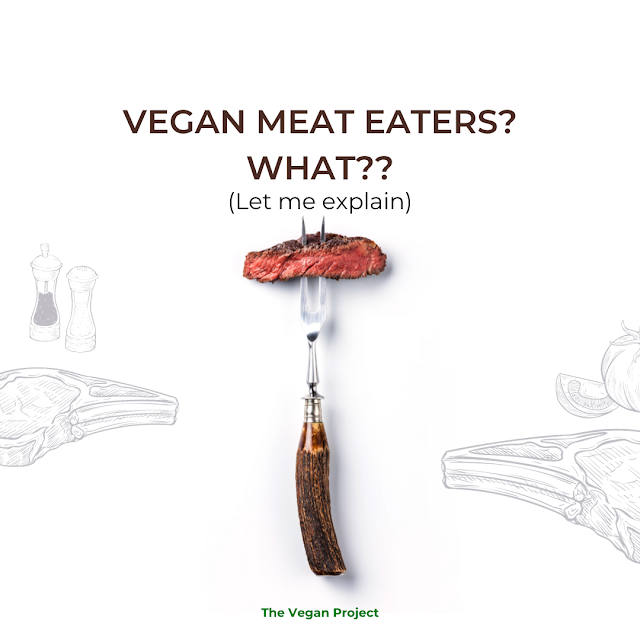Veganism, as a philosophy and way of living, is rooted in the principle of minimizing exploitation and cruelty towards animals. It seeks to exclude, to the best of one's ability, all forms of animal exploitation for food, clothing, or any other purpose. This ethical stance extends beyond diet, encompassing various aspects of life. However, a pertinent question arises: can a person still be considered a vegan if they occasionally consume animal products?
This article explores the nuanced perspective that veganism can accommodate practical exceptions without compromising its core principles.
The Essence of Veganism
At its core, veganism is a commitment to reducing harm and suffering inflicted on animals. The Vegan Society and The Vegan Project define it as a lifestyle that aims to exclude, as far as possible and practicable, all forms of animal exploitation. This extends to diet, clothing, cosmetics, and other consumer choices. The goal is to foster a world where animals are treated with respect and not viewed as commodities.
Practicability in Practice
The statement "if it’s not possible and practicable for them to consume a fully plant-based diet" introduces an important consideration. It acknowledges that there are circumstances where strict adherence to a fully plant-based diet may not be feasible. Factors such as geographic location, limited access to plant-based options, health considerations, or cultural constraints can play a significant role in determining the practicality of adhering strictly to a vegan diet.
The Pragmatic Approach
In certain situations, individuals may find it necessary to include small amounts of animal products in their diet. This allowance, however, should not be interpreted as a blanket endorsement for casual consumption of animal products. Rather, it should be viewed as a pragmatic approach to align with the core principles of veganism while recognizing individual constraints.
For example, in areas where access to plant-based options is limited, or in situations where specific health conditions necessitate certain nutrients that are more readily available from animal sources, a conscientious individual might make exceptions. This is in line with the spirit of veganism, which encourages thoughtful consideration of the impacts of one's choices.
Maintaining Integrity
It is very important to emphasize that any exceptions to a fully plant-based diet should be made with genuine justification and a commitment to minimizing harm. They should not be used as a convenient loophole or an excuse for personal preference. The ultimate goal remains the same: to reduce cruelty and exploitation of animals.
Summary
Veganism, as a philosophy, is a powerful force for positive change in our relationship with animals and the environment. While it advocates for a fully plant-based diet, it also recognizes that practical constraints may arise. By allowing for exceptions in specific circumstances, veganism remains adaptable without compromising its core principles. It is this nuanced understanding that enables individuals to navigate the boundaries of veganism, fostering a more compassionate world for all beings.
References
- The Vegan Society. (n.d.). Definition of Veganism. Link
- Francione, G. L. (2008). Animals as Persons: Essays on the Abolition of Animal Exploitation. Columbia University Press.
- Regan, T. (1983). The Case for Animal Rights. University of California Press.
- Joy, M. (2010). Why We Love Dogs, Eat Pigs, and Wear Cows: An Introduction to Carnism. Conari Press.

Comments
Post a Comment
We welcome your input!